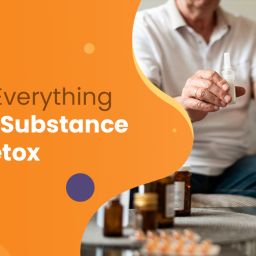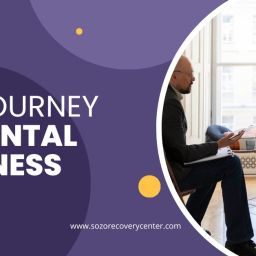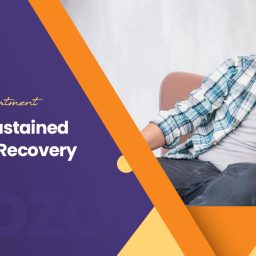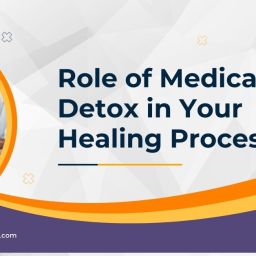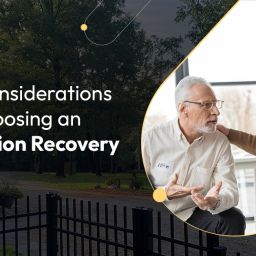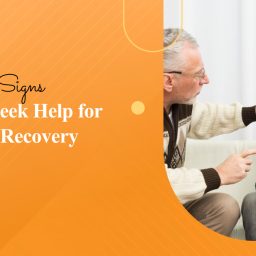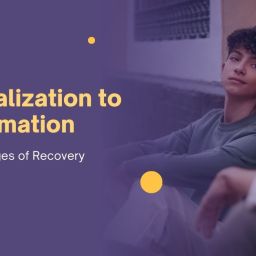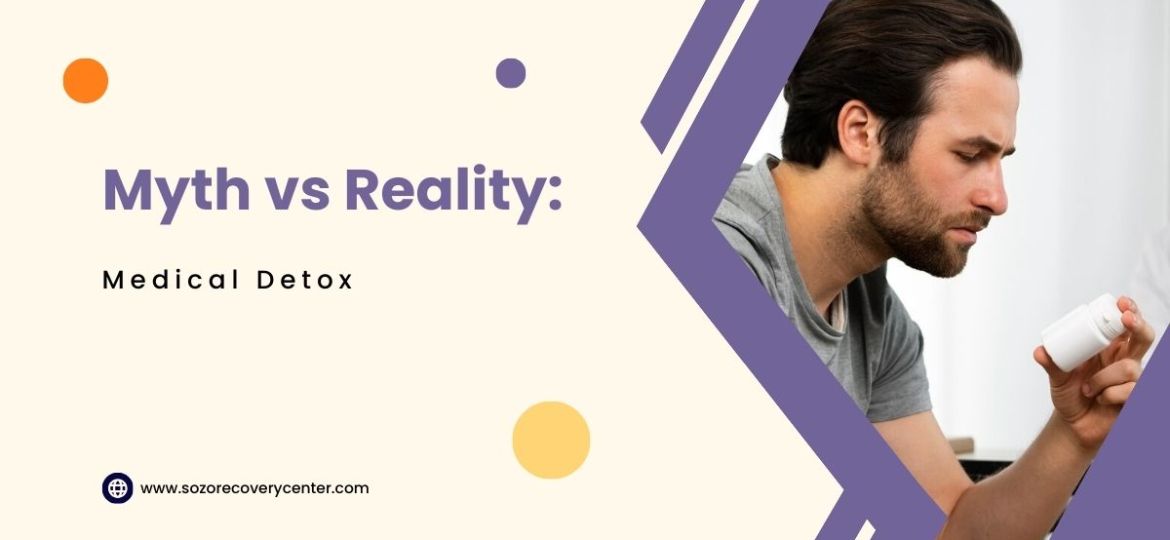
Millions of people worldwide suffer from Addiction which is a complicated disorder and also has an effect on a person’s mental, emotional, and physical health. Fortunately, there are efficient treatment programs available to assist people in ending the cycle of addiction and regaining their lives back on track. Medical detoxification is one of these methods of treatment that is essential to the process of recovery.
Medical Detox is the first stage of addiction treatment which offers a monitored and secure setting for people to stop using drugs while managing potentially severe withdrawal symptoms. It further reduces discomfort, lessens cravings, and lowers the risk of complications by using medications and supportive care. It also lays the groundwork for additional treatment interventions.
Top Myths About Medical Detox For Addiction Treatment
It is important to understand the concept of medical detoxification before diving into the myths. When people stop using substances like alcohol, opioids, or other drugs, they may experience withdrawal symptoms. Medical detox enables medications and supportive care to help the patient feel less uncomfortable and to make sure they are safe during this crucial stage of their recovery. Misconceptions often overshadow the significance of this type of treatment for substance abuse. These myths might increase feelings of fear and uncertainty and discourage people from getting the help they need.
So, it is essential to break the myths associated with medical detox.
Myth #1: Only Severe Addiction Cases Should Undergo Medical Detoxification.
The belief that medical detoxification is only appropriate in extreme situations of addiction is widely false. Medical detoxification is beneficial for people with mild to severe addictions. Regardless of how serious a substance user is, it is an essential intervention to control withdrawal symptoms and reduce the chance of problems.
Myth #2: Medical Detox Is an Addiction Cure
Although it is a crucial first step in the treatment of addiction, medical detoxification is not a cure in and of itself. Due to the complexity of the condition, addiction calls for all-encompassing care that takes into account the social, psychological, and physical aspects of the patient’s life. While medical detox prepares the ground for recovery by managing the acute symptoms of withdrawal, continued therapy and support are required to address the root causes of addiction and encourage long-term sobriety.
Myth #3: It’s Easy to Detox at Home by Yourself
Some might think they can safely detox at home without a doctor’s oversight. But trying to detox on your own can be dangerous, particularly if the substance you’re detoxing from has extreme withdrawal symptoms. Medical detox offers 24-hour supervision by medical professionals who can step in if any kind of issues develop. To reduce discomfort and guarantee a safer and more comfortable withdrawal process, medical detox centers also provide access to supportive care and medications.
Myth #4: There Is a One-Size-Fits-All Method for Detox
It is a common misperception that medical detox uses a one-size-fits-all strategy, applying the same protocols to each patient. In actuality, medical detoxification ought to be customized to each patient’s particular requirements and situation. To create a personalized detoxification plan that maximizes safety and effectiveness, factors like the type and severity of substance use, medical history, and co-occurring mental health conditions are taken into consideration.
Myth #5: Detox Is Painful And Unbearable
Many people worry that going through detoxification will be excruciatingly painful. Although the symptoms of withdrawal can be uncomfortable, the goal of medical detox is to reduce discomfort and make the withdrawal process easier to handle. To help patients tolerate the detoxification process, medical professionals use supportive therapies and required medications to reduce symptoms like anxiety, nausea, and insomnia.
Myth #6: Detox Is the Final Step in Treatment
It’s a common misconception among some people that detoxification signifies the conclusion of their medical journey. Medical detoxification is actually only the beginning of the healing process. People are urged to enroll in thorough addiction treatment programs that address the root causes of addiction and provide coping mechanisms for sober maintenance after detoxification. Long-term recovery success requires ongoing assistance through groups, therapy, and counseling.
To sum up, dispelling misconceptions about medical detoxification is essential to fostering awareness and acceptance of this essential aspect of addiction treatment. People can feel more empowered to get the support they need to overcome substance abuse and start the recovery process by addressing stigma and misconceptions. Medical detox is an unconventional and successful intervention that provides those battling addiction with hope and healing. Never be reluctant to seek help from a trained healthcare provider or treatment center if you or someone you know needs it.



